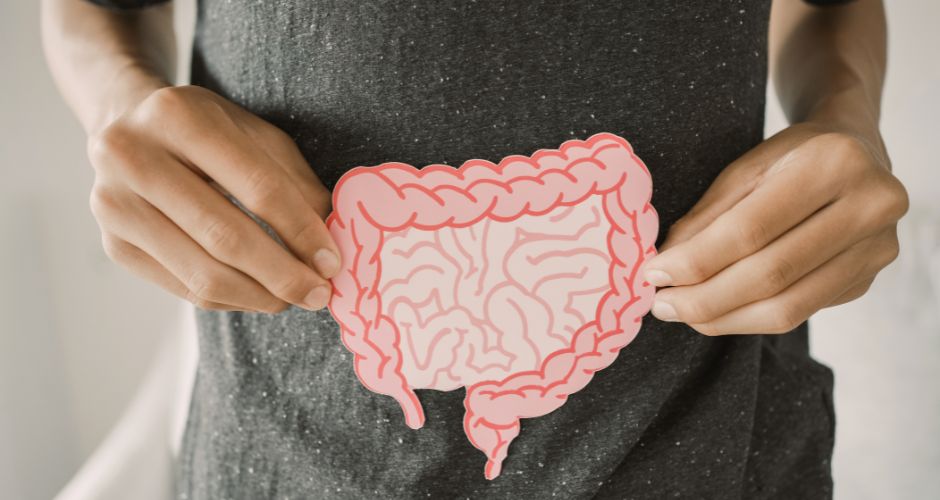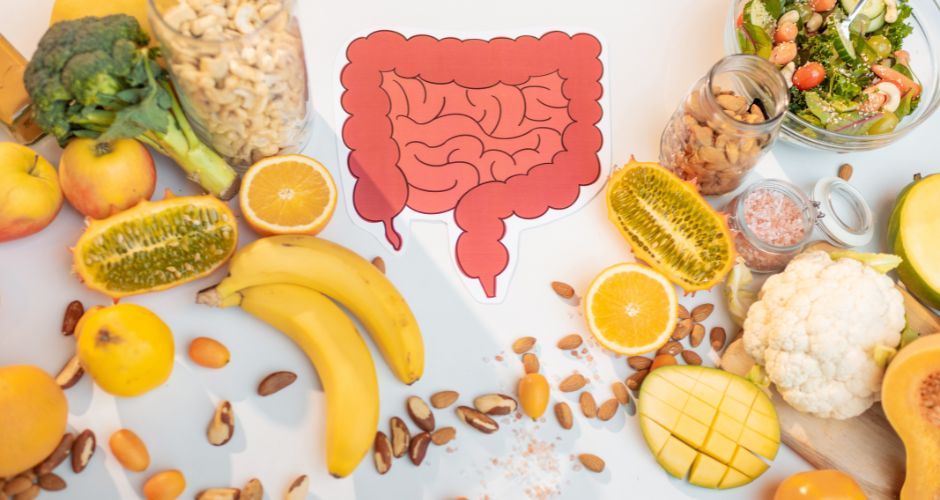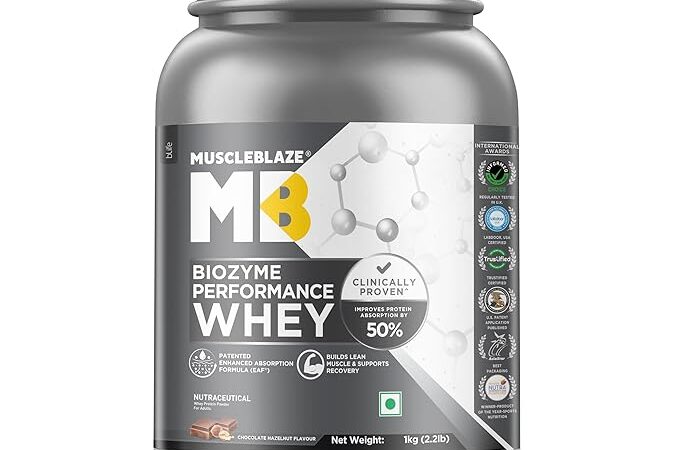Top 11 Foods for Better Gut Health

Maintaining good gut health is essential for overall well-being. Your gut plays a crucial role in digestion, absorption of nutrients, and the functioning of the immune system. The food you eat has a major impact on your gut health. In this blog post, we will list the top 11 foods that promote better gut health and understand the connection between diet and gut health.
What is Gut Health?
Gut health refers to the balance and optimal functioning of the digestive system. It involves the colonization of beneficial bacteria, known as gut microbiota, which aid in digestion and nutrient absorption. A healthy gut is associated with improved digestion, a stronger immune system, and enhanced mental health.

The gut microbiota forms a dynamic and intricate ecosystem that interacts with the body in numerous ways. This microbial community is involved in breaking down certain indigestible compounds, synthesizing essential vitamins, and contributing to the overall functioning of the digestive system.
Top 11 Foods for Better Gut Health
- Yogurt: Yogurt is a fermented food that contains live bacteria cultures, such as Lactobacillus and Bifidobacterium. These probiotics help maintain a healthy balance of gut bacteria and promote digestion. Choose plain yogurt with no added sugars for maximum benefits.
- Kimchi: Kimchi, a traditional Korean dish, is made from fermented vegetables like cabbage and radishes. It is rich in probiotics, vitamins, and antioxidants. Including kimchi in your diet can help improve gut health and boost your immune system.
- Kefir: Similar to yogurt, kefir is a fermented milk drink that contains beneficial bacteria. It is packed with probiotics, calcium, and other essential nutrients. Regular consumption of kefir can enhance gut health by promoting the growth of good bacteria.
- Sauerkraut: Sauerkraut is another fermented food made from cabbage. It is a good source of probiotics, fiber, and vitamins. Adding sauerkraut to your diet can support gut health and improve digestion.

- Kombucha: Kombucha is a fizzy, fermented tea that contains probiotics and antioxidants. It aids in digestion, reduces inflammation, and supports a healthy gut. However, be cautious in consuming commercially available kombucha, as some varieties may contain high sugar content.
- Fiber-rich Fruits and Vegetables: Incorporating fiber-rich foods like bananas, apples, berries, broccoli, and artichokes in your diet can have a positive impact on your gut health. Fiber acts as a prebiotic, providing nourishment to beneficial bacteria in the gut.
- Whole Grains: Whole grains like oats, quinoa, and brown rice are excellent sources of fiber. They help regulate bowel movements and promote the growth of beneficial gut bacteria. Replace refined grains in your diet with whole grains to support a healthy gut.
- Bone Broth: Bone broth is made by simmering animal bones and connective tissue. It is rich in collagen, amino acids, and vitamins that support gut health. Drinking bone broth regularly can improve digestion and soothe the gut lining.
- Ginger: Ginger is known for its anti-inflammatory properties and can help relieve digestive issues like bloating and nausea. It stimulates digestion, promotes the growth of beneficial bacteria, and improves gut health.
- Fatty Fish: Fatty fish such as salmon, mackerel, and sardines are high in omega-3 fatty acids. These healthy fats reduce gut inflammation and enhance the diversity of gut microbiota. Including fatty fish in your diet can contribute to better gut health.
- Turmeric: Turmeric contains curcumin, a compound with powerful anti-inflammatory and antioxidant properties. It can help alleviate symptoms of digestive disorders and improve gut health. Incorporate turmeric in your cooking or try turmeric supplements after consulting with a healthcare professional.
Connection Between Diet and Gut Health
The food you eat directly impacts the composition and diversity of your gut microbiota. A diet high in processed foods, added sugars, and unhealthy fats can disrupt the balance of gut bacteria and lead to various digestive issues. On the other hand, a diet rich in whole foods, fiber, and fermented foods promotes a healthy gut environment.
Maintaining a healthy gut goes beyond just the food you consume. Regular exercise, stress management, and adequate sleep also play vital roles in promoting good gut health. Strive for a balanced lifestyle that encompasses all these aspects to optimize your overall well-being.

Diet’s Impact on Gut Microbiota
- Microbial Diversity: A diverse range of microorganisms in the gut is crucial for its proper functioning. A diet rich in a variety of foods, especially plant-based ones, contributes to microbial diversity. Each type of food nourishes different groups of bacteria, promoting a balanced microbiota.
- Fiber and Prebiotics: Dietary fiber, found in fruits, vegetables, and whole grains, serves as a fuel source for beneficial gut bacteria. Prebiotics, non-digestible fibers found in certain foods, promote the growth of these beneficial microbes, contributing to a healthier gut environment.
- Probiotics: Foods containing probiotics, such as yogurt, kefir, and fermented vegetables, introduce live beneficial bacteria into the gut. These probiotics support the balance of the microbiota and enhance digestive processes.
Gut Health and Inflammatory Response
- Anti-Inflammatory Foods: A diet rich in anti-inflammatory foods, including fatty fish, nuts, and leafy greens, can help reduce inflammation in the gut. Chronic inflammation is associated with various digestive disorders, making dietary choices key in managing gut health.
- Processed Foods and Inflammation: Highly processed foods, often high in sugars and unhealthy fats, can trigger an inflammatory response in the gut. This chronic inflammation is linked to conditions like irritable bowel syndrome (IBS) and inflammatory bowel diseases (IBD).
Gut-Brain Axis: Influence of Diet on Mental Health
- Serotonin Production: The gut produces a significant amount of serotonin, a neurotransmitter that plays a key role in mood regulation. Certain foods, like those rich in tryptophan (found in turkey, nuts, and seeds), can influence serotonin production and, consequently, mood.
- Microbiota and Mental Health: Emerging research suggests that the composition of the gut microbiota can influence mental health. Diets rich in probiotics and prebiotics may have a positive impact on conditions like anxiety and depression.
Practical Tips for a Gut-Healthy Diet
- Include a Variety of Foods: Diversify your diet with a range of fruits, vegetables, whole grains, lean proteins, and healthy fats to support microbial diversity.
- Prioritize Fiber-Rich Foods: Consume ample fiber through whole grains, legumes, fruits, and vegetables to provide nourishment for beneficial gut bacteria.
- Incorporate Probiotics: Introduce probiotic-rich foods like yogurt, kefir, sauerkraut, and kimchi into your diet for a direct supply of beneficial bacteria.
- Limit Processed Foods: Minimize the intake of highly processed foods, which can disrupt the balance of the gut microbiota and contribute to inflammation.
- Stay Hydrated: Proper hydration supports the mucosal lining of the intestines, aiding in the smooth passage of food through the digestive system.
Optimizing your gut health is crucial for your overall well-being. Be mindful of your lifestyle choices, such as regular exercise, stress management, and adequate sleep, as they also contribute to a healthy gut.






